Programs and Projects
1.Coordination for the Improvement of Higher Education Personnel (Capes) – Internationalization Project (PrInt)
Goals:
To foster the construction, implementation and consolidation of strategic plans for the internationalization of the benefited institutions in their prioritized areas of knowledge;
To stimulate the creation of international research networks, aiming to enhance grauate academic production and research performance;
To expand internationalization support activities in graduate programs at the institutions covered;
To promote the mobility of professors and students, mainly doctoral and post-doctoral students and professors, who will go abroad and come from abroad to Brazil, in connection to stricto sensu graduate programs and international cooperation;
To transform participating institutions into international environments; and
To develop other activities within the scope of the internationalization effort, including incoming co-tutelle initiative with international priority partners, and establishment of university consortiums, among others.
To access the Capes PrInt website, click here
2. Sandwich Doctorate/CAPES
The main goals of the CAPES sandwich doctoral program are:
– To complement and to expand the training opportunities offered by stricto sensu graduate programs in Brazil;
2- To provide opportunities for technical, scientific, technological and academic knowledge improvement;
3- To increase the level of collaboration and joint publications between the Brazilian and international academic communities;
4- To expand the access of the Brazilian academic community to international centers of excellence;
5- To enhance international awareness of Brazilian scientific, technological and cultural production;
6- To promote reflection on the basic curriculum of Brazilian stricto sensu graduate programs by allowing scholarship holders to be in contact with the curricula of excellence programs abroad;
7- To strengthen stricto sensu graduate programs and exchanges between Higher Education Institutions and Brazilian and international research groups;
8- To encourage Brazilian students to adopt new research management models;
9- To assist in the internationalization process of Brazilian Higher Education, science, technology and innovation.
3. FARA
The Agricultural Research Forum in Africa (Fara) and the Universidade Federal de Viçosa have signed a cooperation agreement for the development of agriculture in Africa.
Under this agreement, the UFV is receiving dozens of African students, through the Agricultural Research and Innovation Scholarship Program for Africa (Arifa), to take short courses focused on Brazilian agribusiness and master’s programs in Agriculture and Food . The courses are taught in English, as part of the Brazilian Agribusiness Program, addressing topics such as introduction to agribusiness in Brazil, dairy products and meat, coffee, corn, cotton, orange, soy, sugarcane, biofuel and biomaterial chains. The technologies presented in the courses can be used and adapted in African countries, whose environmental conditions are similar to those in some areas of Brazil. In addition, starting with the master’s partnership, vacancies will be offered to Arifa scholarship holders in all UFV graduate programs related to agriculture. UFV is also coordinating the FARA interaction with other public universities in Brazil.
4. CO-TUTELAGE
This academic cooperation is understood as the stricto sensu graduate cooperation between UFV and international institutions, in which students receive shared guidance offered by professors from the institutions involved. The academic cooperation may give rise to:
a) Double Degree or Double Title (Dual Degree), with titles conferred by two institutions for the same study program developed separately and implemented in each of the participating institutions;
b) Joint Degree, with a title jointly conferred by the institutions or a degree granted by each institution participating in a program developed and recognized by the institutions in cooperation;
For each thesis or dissertation developed under a Co-tutelage regime, a specific agreement must be signed between UFV and the international institution, through their respective higher education officials, with the acquiescence of the coordinations of the graduate programs involved. International joint programs in association with foreign institutions and recognized by CAPES will also be considered Co-tutelage.
Students who develop a dissertation or thesis under a Cotutelage agreement will graduate from the partner institutions.

